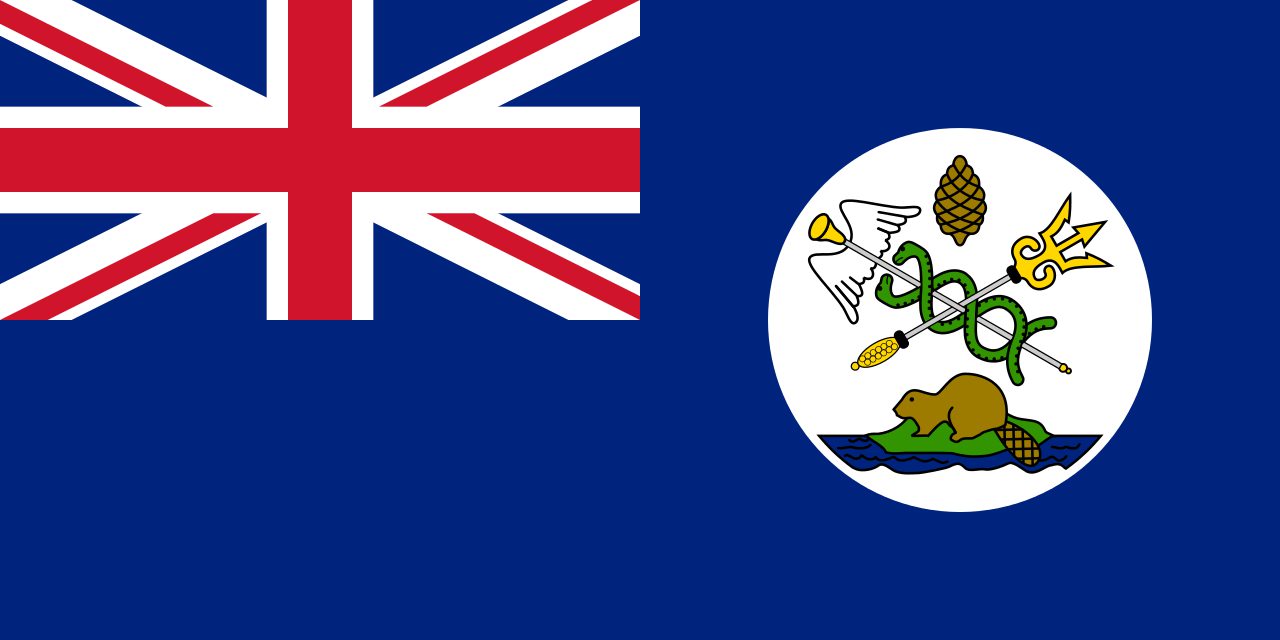Seismologists are paying close attention to Vancouver Island as the region enters a period of ‘tremor and slip’.
Every 14 and a half months, the plates reverse their movement, causing hundreds of tremors along the coast, something seismologists call “episodic tremor and slip”.
Alison Bird with the Pacific Geoscience Centre says deep in the subduction zone, the movement of the plates goes in the opposite direction.
She notes it’s also during these periods that the chance of a mega-thrust earthquake is heightened.
Bird notes that the recent quakes off the north end of Vancouver Island are normal seismic activity for the area and not related to the ETS.
However, she says both events are good reminders of the importance of being prepared.
Information on being prepared and putting together emergency kits and plans is available through the Prepared BC and ShakeOut BC websites.






